Tribe Plans to Challenge Feds on Lansing Casino
Posted on: October 26, 2017, 04:00h.
Last updated on: October 26, 2017, 04:38h.
The Sault Ste. Marie Tribe of Chippewa Indians voted on Tuesday to challenge the federal government’s decision to deny their request to build a new casino in Lansing, Michigan.
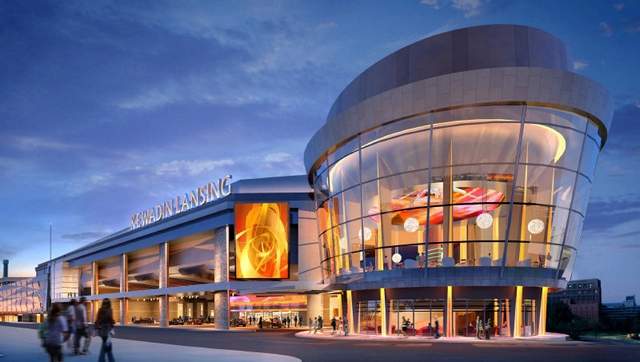
The proposed casino would be located next to the Lansing Center, on land that has been owned by the tribe since 2012.
The tribe has been working with the city of Lansing on their proposal from 2012, and submitted an application to the U.S. Department of the Interior in 2014. However, their application was denied this July, leaving the future of the project in doubt.
“We have no intent on giving up, and we will soon determine which option – legal, administrative or legislative – will we pursue to continue our fight for our legal rights,” tribe chairperson Aaron Payment says in a statement following the decision.
Board Approves ‘Necessary’ Actions
This week, the tribe’s Board of Directors approved a resolution that will allow attorneys to “take whatever action is necessary” to overturn the decision of the Interior Department. According to tribal lawyers, a federal lawsuit may be the most viable option.
“We are continuing to work with our legal counsel to make sure we have pursued every available option, but it seems likely that a lawsuit will be necessary to vindicate the Tribe’s clear statutory right to have these lands placed in mandatory trust status,” general counsel John Wernet told the Lansing State Journal.
The Sault Ste. Marie Tribe already owns five casinos in the state, all of which are located on the Upper Peninsula of Michigan. The tribe’s application was an attempt to entrust their land in Lansing, as well as another plot in New Boston.
In their denial, the Interior Department said that the tribe has failed to prove that the casino plans would achieve the “enhancement of tribal lands” that would require the government to entrust that property to the tribe.
Mayor Favors Casino, But Other Tribes Oppose
The plans for a casino have been fairly complicated, with various factions lining up in favor of and in opposition to the proposal. Mayor Virg Bernero has been a supporter of the project, known as the Kewadin Lansing Casino, believing that the planned resort could bring both jobs and tax revenues to his city.
“The revenues generated by such a facility would provide critical resources and services for the Tribe and its members, as well as fully funding the Lansing Promise scholarship program that would provide four years of free college tuition to Lansing’s children,” Bernero said in July.
However, both the Saginaw Chippewa tribe and the Nottawaseppi Huron Band of the Potawatomi have opposed the proposal since it was first announced in 2011. Each of those tribes owns their own casino, and claim that the project violates the 1997 Michigan Indian Land Claims Settlement Act.
“Mayor Bernero was wrong when he indicated several years ago that this process would take a few months; he was wrong when he said that Interior would approve the applications; and he is wrong now to expect any future outcome in what has been an ill-advised scheme to circumvent well established federal law governing Indian gaming,” said Saginaw Chippewa chief Frank Cloutier.
Related News Articles
Galaxy Gaming Back in Nevada’s Good Graces Without Ousted CEO Saucier at Helm
Connecticut Governor Balks at MGM Proposal for $675M Bridgeport Casino: ‘Impossible’
James Packer Says Crown Resorts Slot Tampering Allegations a ‘Lie’
PAGCOR Auctioning Two Parcels of Land at Site of Solaire Casino
Most Popular
FTC: Casino Resort Fees Must Be Included in Upfront Hotel Rates
Genovese Capo Sentenced for Illegal Gambling on Long Island
NBA Referees Expose Sports Betting Abuse Following Steve Kerr Meltdown
UPDATE: Former Resorts World & MGM Grand Prez Loses Gaming License
Most Commented
-
UPDATE: Whiskey Pete’s Casino Near Las Vegas Closes
— December 20, 2024 — 30 Comments -
Caesars Virginia in Danville Now Accepting Hotel Room Reservations
— November 27, 2024 — 9 Comments -
UPDATE: Former Resorts World & MGM Grand Prez Loses Gaming License
— December 19, 2024 — 8 Comments -
FTC: Casino Resort Fees Must Be Included in Upfront Hotel Rates
— December 17, 2024 — 7 Comments
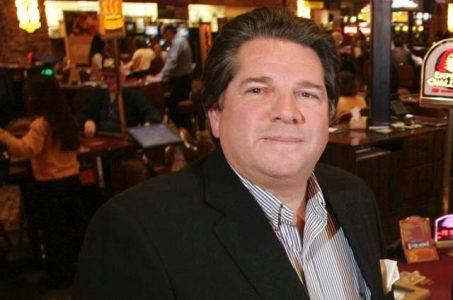
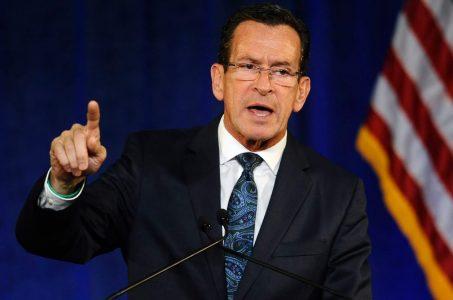
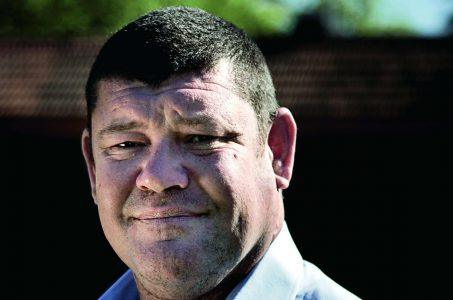
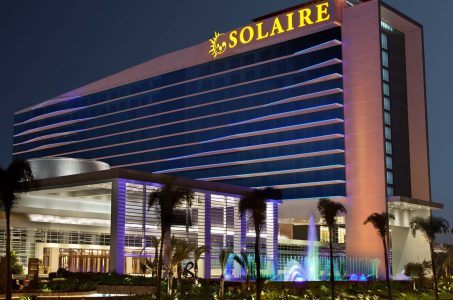












Last Comments ( 2 )
Aaron "Kiibaadzii", the Lansing area isn't even part of your historical treaty land territory. Take care of your own backyard or amend your constitution for enrollment. SMH
The United States Constitution makes for no provisions for: 1. Indian sovereign nations. None of the asserted tribes possess any of the attributes of being a ‘sovereign nation:’ a. No U.S. Constitution recognition b. No international recognition c. No fixed borders d. No military e. No currency f. No postal system g. No passports h. et al 2. Treaties with its own constituency 3. Indian reservations whereby a select group of U.S./State citizens with “Indian ancestry/race” reside exclusively and to the exclusion of all others, on land-with rare exception-that is owned by the People of the United States according to a federal document readily available on-line that notes rights of renters as ‘occupancy and use’ by these distinguished U.S./State citizens with “Indian ancestry/race” only with the land owned by the People of the United States. 4. Recognition of ‘Indian citizenship’ asserted by various tribes. There is no international/U.S. Constitution recognition of “Indian citizenship” as there is no ‘nation-state’ from which citizenship is derived. A simple question for politicians and MSM to answer…a question so simple, it is hard: “Where is the proclamation ratified by the voters of the United States that amends the Constitution to make the health, welfare, safety and benefits of a select group of U.S./State citizens distinguishable because of their “Indian ancestry/race?”